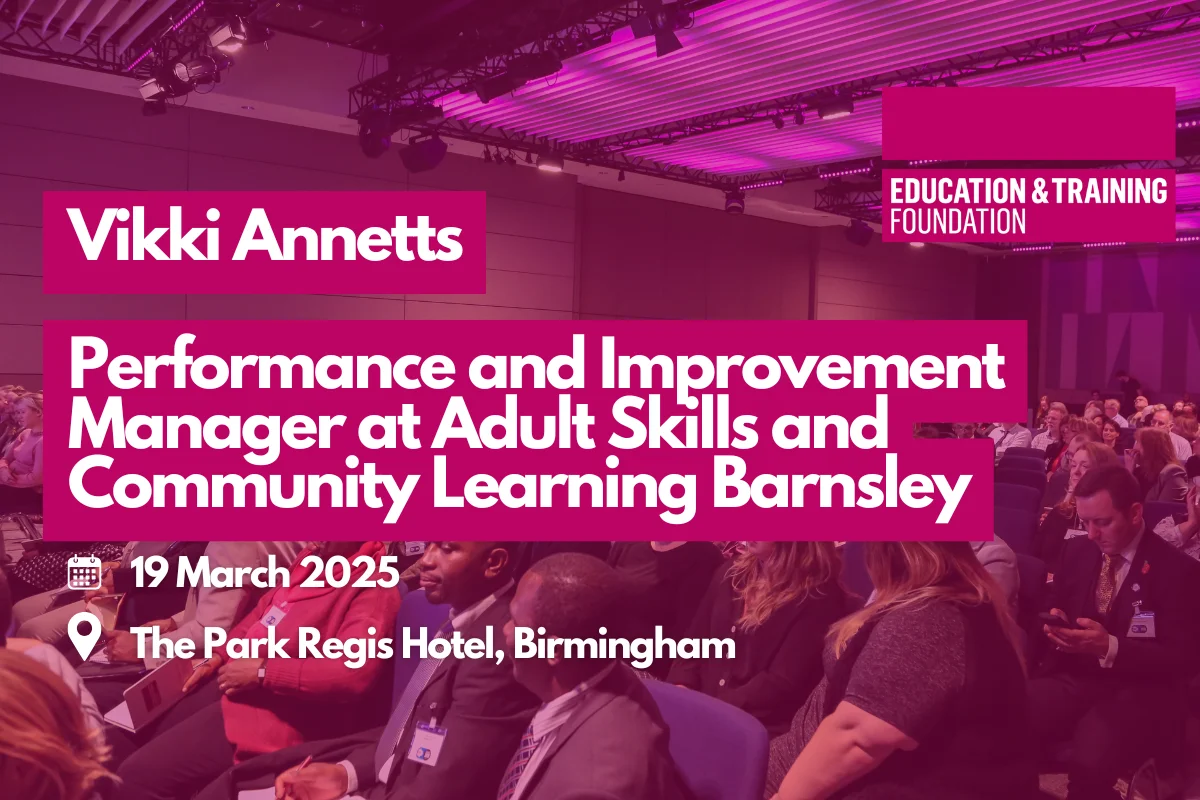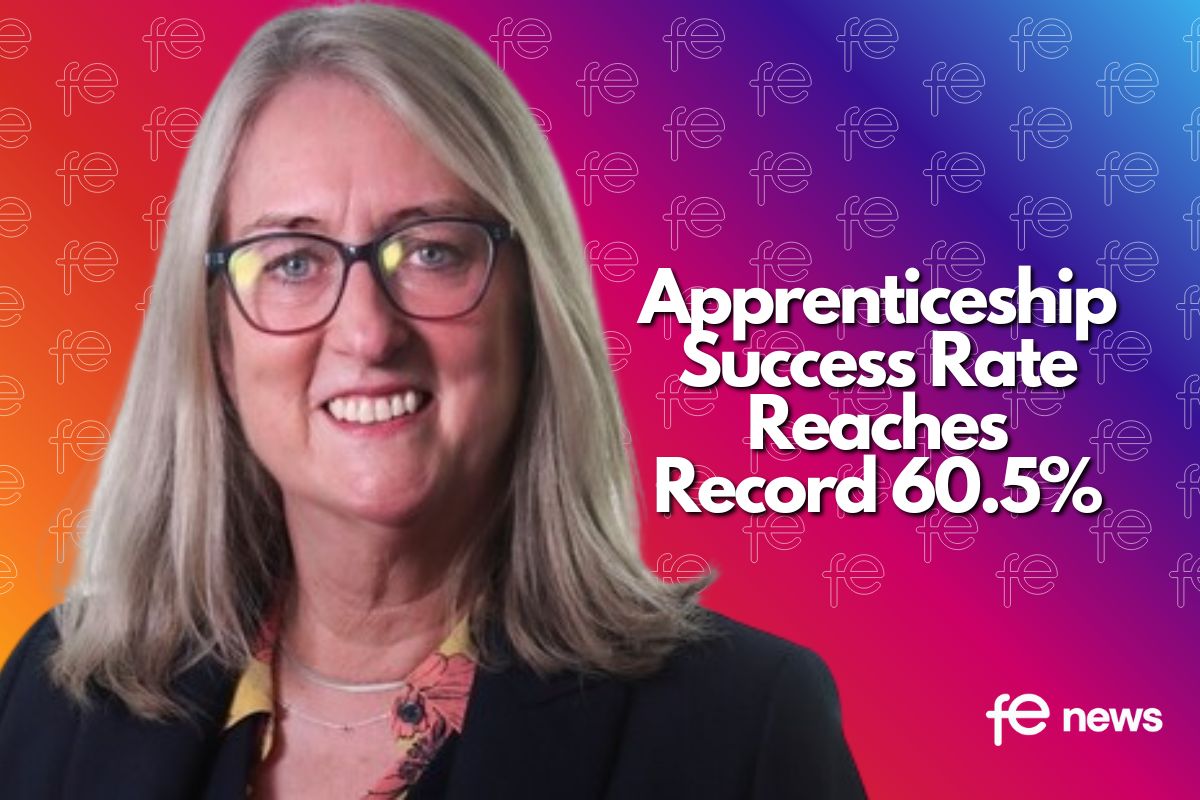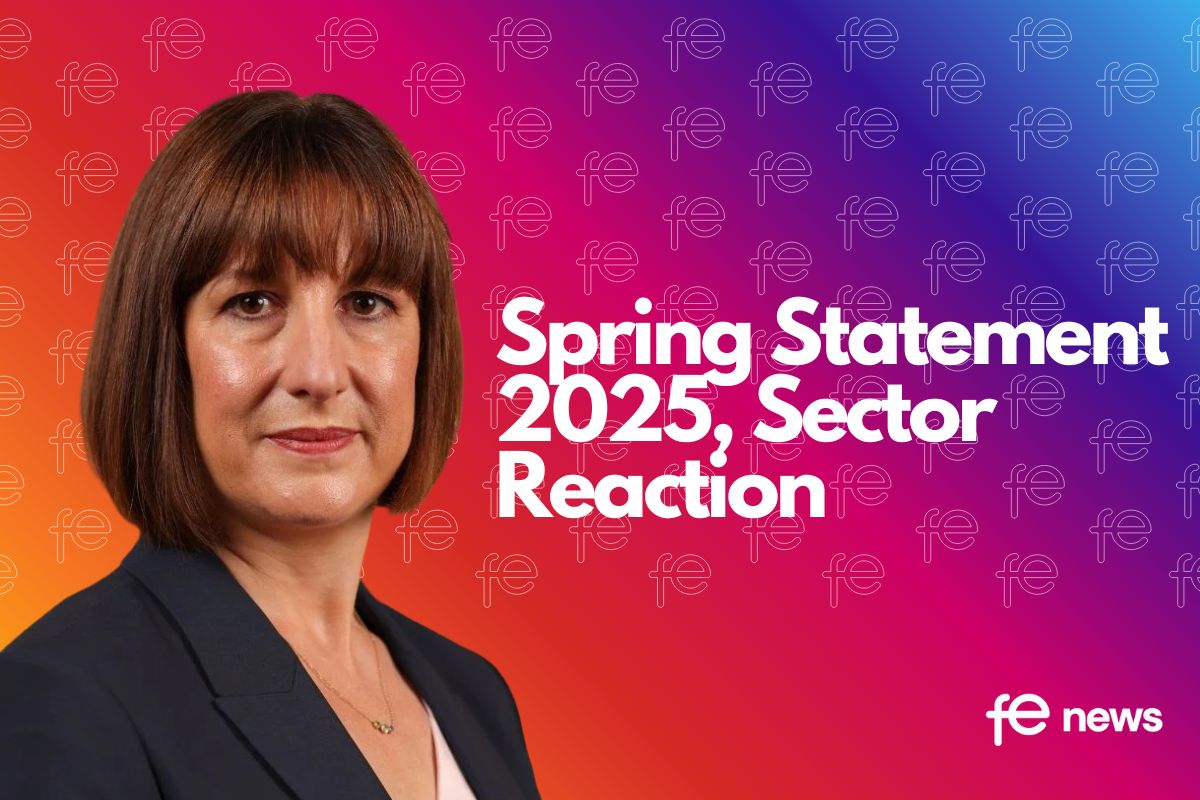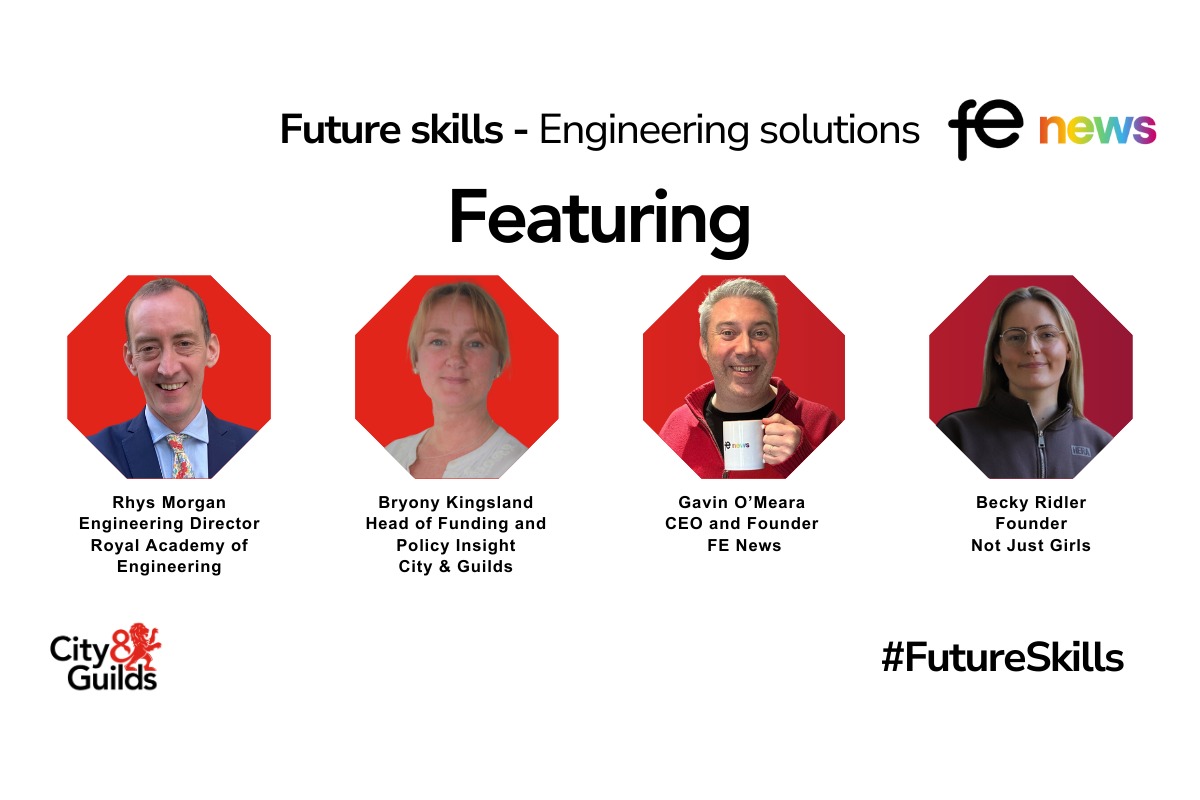Artificial intelligence will be more revolutionary for education than the internet

Since the 1970s, digital technologies have changed teaching, learning and assessment. But @Aftab_Hussain from @BoltonCollege believes #ArtificialIntelligence will cause the greatest disruption yet:
From the advent of the personal computer in the late 70s and early 80s, the explosion of the internet in the 90s, to the period of ubiquitous computing through the smartphone and all that came after, we have seen a fundamental change in the way we engage with teaching, learning and assessment through the digital medium.
When computers first appeared in our classrooms, they gradually superseded older legacy technologies. Over time, the first iteration of computers and associated software was likewise replaced by newer networked devices and software applications. The hardware refresh cycle continues at pace today, and software developments appear to be accelerating further still.
Despite these developments, it is only the medium of teaching and learning that has changed. At its core very little else has changed, particularly regarding the pattern of delivery, class sizes, academic calendars, assessment practices, funding mechanisms for courses, the rising levels of uncertainty, the continued expansion of physical campuses, and more. You could argue that we have been guilty of shoving new ideas into old paradigms.
This is where artificial intelligence (AI) is different.
Contextualising learning
For instance, right now, if a learner or staff member logs in to an institution’s site, it works in a very linear or homogenous manner – the experience is, more or less, the same for anyone landing on the homepage. However, with AI, this login could act as a kind of passport, signaling the system about each individual person’s preferences, needs and requirements; and helping them get the information they need more efficiently.
With this kind of personalised interaction, the context of each user’s situation will alter the shape or form of the services they use. For example, if a learner logs in to a virtual learning environment (VLE), the AI system will recognise their ‘passport’ or profile and help them access material in the way that best suits them, or has been popular with other learners following a similar path. The system’s behavioural traits are based on machine learning, using large datasets to which the organisation already has access.
We can see the start of this kind of personalisation through technology such as chatbots. Colleges and universities across the world – including Bolton College – have started implementing chatbots to help answer routine day-to-day questions from users, freeing up time for employees to respond to more complex enquiries and support requests. At Bolton, our campus digital assistant, Ada (named after Ada Lovelace) is already making a difference to how our learners interact with campus services, but this is only the start.
Your own personal Alexa, Google Assistant or Siri
The development of a lifelong learning digital companion for every individual is a natural progression of these individualised pathways through web systems – including websites, VLEs and apps. It will likely come in the form of a personal digital assistant that will be accessible via desktop, mobile and web systems. Any device that’s used to engage with learning, whether that’s smart speakers, a smartphone or laptop, will be able to engage with this assistant, which will learn and grow with each person as they journey through their studies or training.
Starting from the age of three or four, this assistant will accompany each learner through the course of their lives, gathering, processing, assimilating and relaying more and more information to trusted education providers who support their studies. Over time, this information may include academic performance, information about learning preferences, food allergies, learning support needs, long-term career goals, and so much more.
This will need to be carefully monitored, allowing each individual to decide what information to make available to education providers, but ideally it will give educators and even employers a holistic view to better support the needs of its rich and varied community of learners. I believe this fundamental change in education and workplace culture will define the development of AI. It will also impact on global education, as the ‘learning assistant’ would be available anywhere with an internet connection.
Make it ethical
The education sector is constantly adjusting to rapid technological advances that have occurred since the start of the 21st century. AI will be truly transformative throughout society, and technological change and its role in our colleges and universities should be seen as part of a much larger paradigm around social, cultural and economic development. Digital skills education will play an essential role in this development, and the growth of AI-based services will also create new jobs – not only in education, but throughout the public and private sectors.
With such a huge societal change, wider guidance will be important. Jisc’s National Centre for AI in Tertiary Education will be essential, sharing information, advice and guidance about how AI technologies may support campus services, and establishing an ethical framework with the sector that could guide the design, management and use of AI in education (AIED) products and services. This will require a comprehensive national programme – similar to the BBC’s Computer Literacy Project back in the 1980s. It is eminently doable with the right organisations on board. The Centre will also play an important role in helping universities and colleges to develop their AI journey, including rolling out Bolton College’s digital assistant, Ada, to additional sites. This is part of the Centre’s aims to deliver AI solutions at 60 colleges and 30 universities within five years.
Agility and flexibility are no longer optional in education, and developing our use and understanding of AI will only aid our journey to a more inclusive personalised experience. I, for one, am excited to see what comes of it.
Aftab Hussain, Information Learning Technology (ILT) manager at Bolton College, and a supporter of the National Centre for AI in Tertiary Education.












Responses